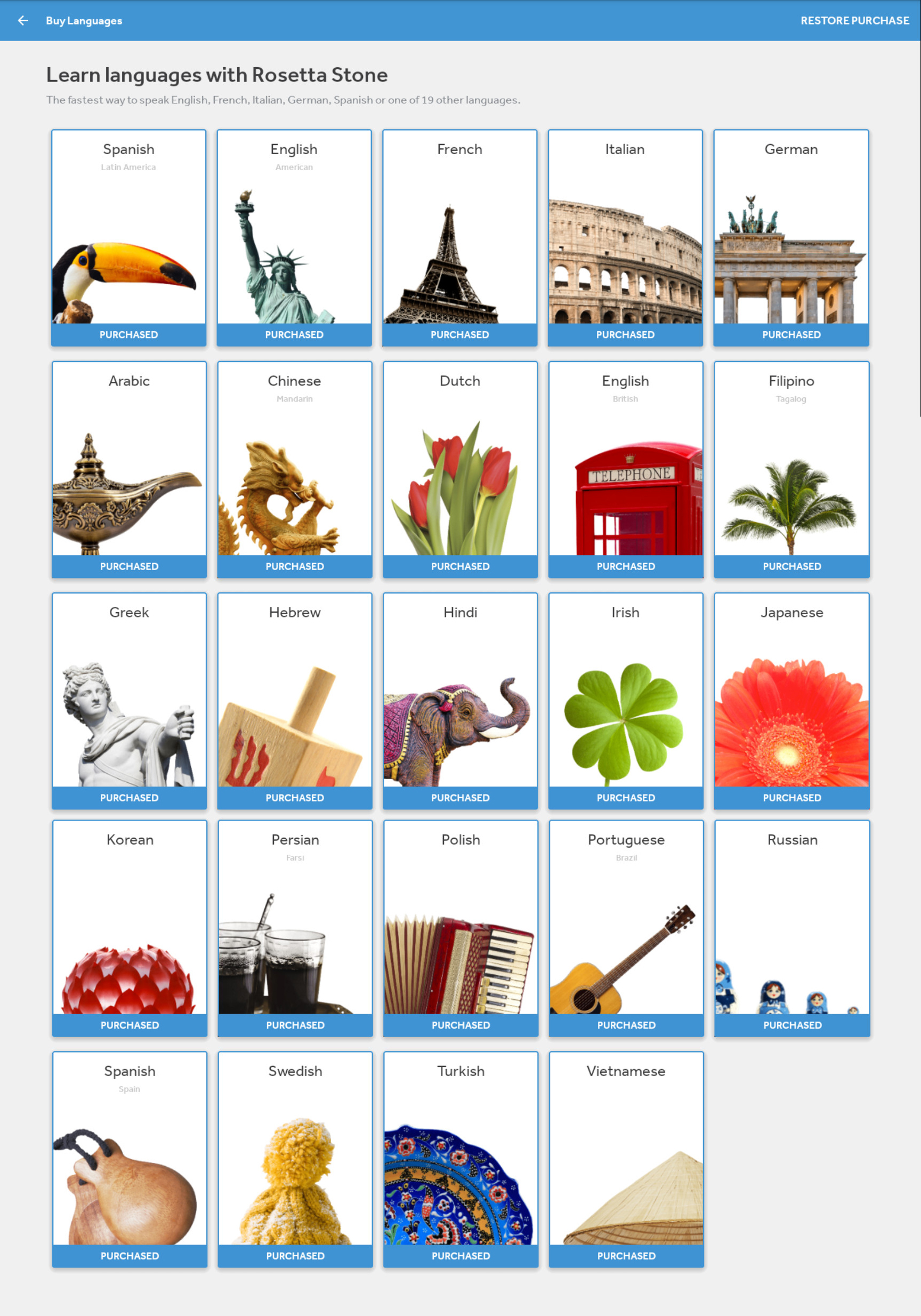
Doctors may also recommend it to those who have already had a heart attack or stroke.Īnyone taking a daily dose of aspirin to reduce their risk of CVD should ask their doctor whether or not they should continue. That said, a doctor may suggest aspirin if a person has a high risk of experiencing a cardiovascular event, such as a heart attack or stroke, and a low risk of bleeding. This risk outweighs any benefit it may have. However, current guidelines no longer recommend this for most people, as it can lead to bleeding. Many people will have taken an aspirin a day as a routine measure to protect against CVD. However, continued exposure to these risk factors can contribute to the development of CVD later in life. avoiding a sedentary lifestyle, particularly for childrenĪdopting damaging lifestyle habits, such as eating a high sugar diet and not getting much physical activity, may not lead to CVD while a person is still young, as the effects of the condition are cumulative.reducing salt, sugar, and saturated fat intake.reducing the use of alcohol and tobacco.It is vital to address risk factors by taking the following steps: It is possible to manage some health conditions within CVD by making lifestyle changes, but some conditions may be life threatening and require emergency surgery. Buerger’s disease, which leads to blood clots and inflammation, often in the legs, and which may result in gangrene.blood clotting disorders, in which blood clots form too quickly or not quickly enough and lead to excessive bleeding or clotting.venous blood clots, which can break loose and become dangerous if they travel to the pulmonary artery.ischemic stroke, in which a blood clot moves to the brain and causes damage.peripheral venous disease, or general damage in the veins that transport blood from the feet and arms back to the heart, which causes leg swelling and varicose veins.


heart failure, wherein the heart cannot contract or relax normally.heart attack, or a sudden blockage to the heart’s blood flow and oxygen supply.coronary artery disease, which affects the arteries that feed the heart muscle.congenital heart disease, in which a problem with heart function or structure is present from birth.arrhythmia, or an irregular heartbeat or heart rhythm.

angina, a type of chest pain that occurs due to decreased blood flow into the heart.Some of these might develop at the same time or lead to other conditions or diseases within the group.ĭiseases and conditions that affect the heart include: CVD comprises many different types of condition.


 0 kommentar(er)
0 kommentar(er)
